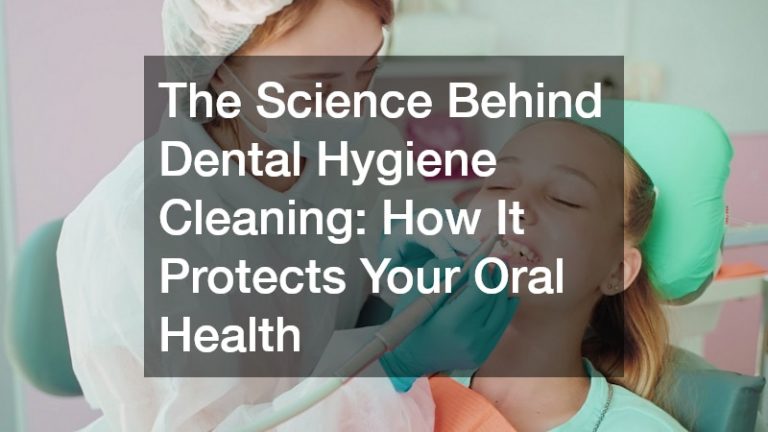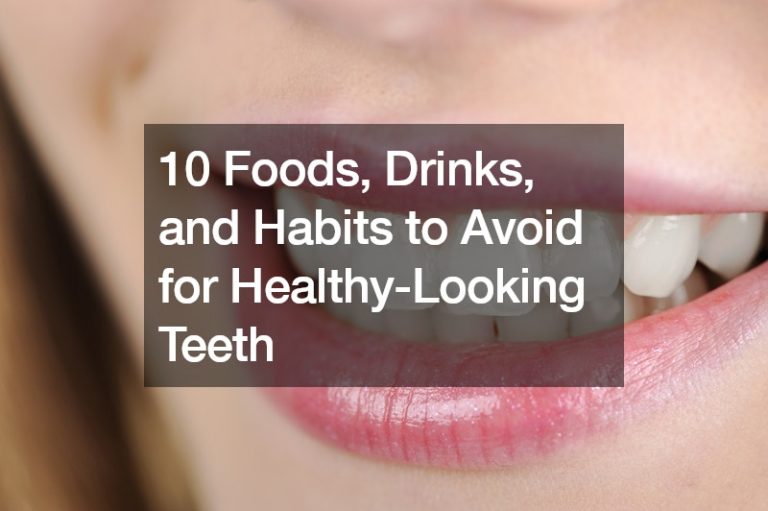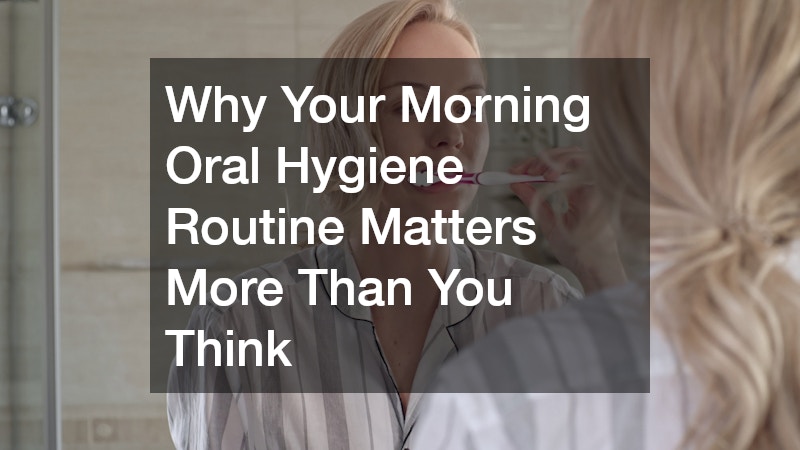

Your morning oral hygiene routine isn’t just about fresh breath—it’s your first line of defense against tooth decay, gum disease, and other oral health problems. For individuals, parents, and families with kids, this daily habit can set the tone for a healthier day. After hours of sleep, bacteria accumulate in the mouth, feeding on food particles and producing acids that can weaken tooth enamel. Brushing, flossing, and rinsing in the morning help remove this buildup and reduce the risk of cavities and bad breath.
Beyond hygiene, a morning routine is a moment of structure, especially important for families. Teaching children the value of brushing first thing in the morning creates lifelong habits that contribute to long-term health. With consistency, even the most reluctant tooth-brusher can learn to appreciate the feeling of a clean mouth. So, whether you’re heading to school, work, or just starting the day at home, don’t underestimate the impact of this daily ritual.
What Happens in Your Mouth Overnight?
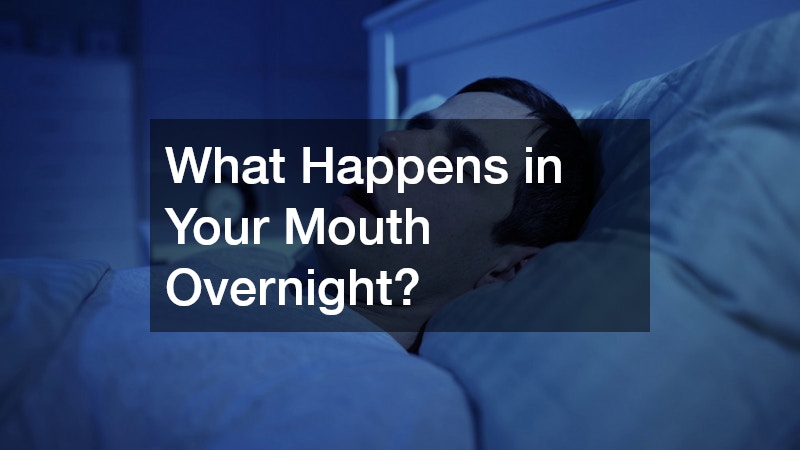
While you sleep, your mouth becomes a breeding ground for bacteria. Saliva production slows down, reducing its natural ability to wash away food debris and neutralize acids. As a result, bacteria multiply, leading to what we commonly call “morning breath.”
Here’s what’s happening while you snooze:
- Bacterial buildup: Plaque-forming bacteria thrive in the absence of saliva.
- Enamel erosion: Acids from bacteria can begin breaking down tooth enamel.
- Tartar risk: Without regular brushing, plaque can harden into tartar.
- Gum inflammation: Lingering bacteria can irritate gums, increasing the risk of gingivitis.
Brushing and flossing when you wake up helps remove this harmful buildup and reactivates saliva production for the day. For kids, this practice is especially crucial—baby teeth are more vulnerable to decay, and morning brushing helps keep them protected until the next cleaning.
What Should a Proper Morning Oral Hygiene Routine Include?
A solid morning oral hygiene routine goes beyond a quick swipe of the toothbrush. To truly protect your teeth and gums, incorporate these key steps:
- Brush for two full minutes: Use a soft-bristled toothbrush and fluoride toothpaste.
- Floss once daily: Morning is ideal for removing food and plaque between teeth.
- Rinse with mouthwash: Choose one that fights bacteria and strengthens enamel.
- Scrape your tongue: A tongue scraper or gentle brushing helps fight bad breath.
- Drink water: Start your day with a glass to flush out lingering bacteria.
For kids, turn this routine into a game or a challenge. Use timers, music, or sticker charts to make morning brushing fun and engaging. Parents should supervise children under the age of 7 to ensure thorough brushing and safe toothpaste use.
Morning Oral Hygiene Routine for Families: Making It Work for Everyone
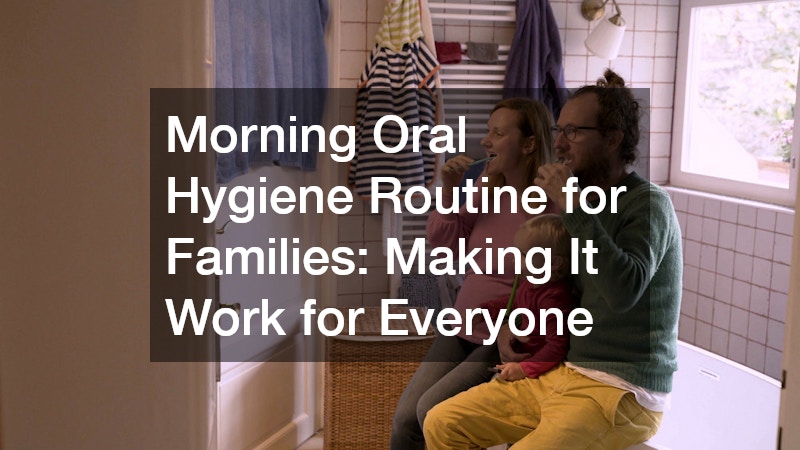
In a busy household, coordinating everyone’s morning routines can feel like a juggling act. But prioritizing oral hygiene doesn’t have to be a hassle—it can be a bonding experience and a way to instill important values.
Here are some family-friendly tips:
- Create a brushing schedule: Assign time slots or group brushings together.
- Keep supplies accessible: Store brushes, floss, and toothpaste in easy-to-reach spots.
- Use visual reminders: Hang a routine checklist on the bathroom mirror.
- Model good behavior: Kids imitate what they see—let them watch you brush and floss.
- Make it a conversation: Use the time to talk about the importance of healthy habits.
When kids grow up seeing oral care as a family priority, they’re more likely to carry those habits into adulthood. Don’t wait until there’s a dental issue to start building a strong routine.
How It Complements Professional Dental Hygiene Cleaning
Even the best at-home care can’t replace the deep clean that comes from a professional dental hygiene cleaning. These cleanings remove tartar buildup and give your dentist a chance to catch problems early, before they become painful or expensive.
However, your daily routine is what maintains the benefits between visits. A good morning oral hygiene routine helps prevent plaque from hardening into tartar in the first place. The cleaner your mouth stays throughout the day, the easier and less invasive your professional cleanings will be.
Dentists recommend brushing at least twice a day, flossing daily, and scheduling dental hygiene cleaning appointments every six months. But morning care is particularly powerful because it starts your day with a clean slate and limits bacteria from the get-go.
How Skipping Your Morning Routine Can Impact Overall Health
Oral health isn’t isolated from the rest of your body. Skipping your morning routine can increase your risk for more than just cavities—it can lead to systemic issues like:
- Gum disease: Linked to heart disease, diabetes, and stroke.
- Chronic inflammation: Oral infections can trigger broader immune responses.
- Respiratory problems: Bacteria from the mouth can be inhaled into the lungs.
- Low self-esteem: Bad breath and visible plaque affect confidence and social interaction.
For children, poor oral hygiene can lead to missed school days, difficulty concentrating, and pain during eating or speaking. For adults, it can affect job interviews, relationships, and long-term health. The solution is simple: stick to a consistent morning routine.
Final Thoughts: A Simple Habit With Lasting Rewards
Your morning oral hygiene routine may only take five minutes, but its impact lasts all day—and for years to come. Whether you’re a busy parent, a student, or managing your own health, this small habit helps maintain a healthier mouth, reduces dental costs, and improves overall well-being.
Think of brushing and flossing in the morning as your personal health investment. By teaching kids to value it early and modeling the behavior yourself, you’re creating a family culture of care, responsibility, and confidence.
